NSW records no new local coronavirus cases, Berala testing site shut down
A Sydney public school repurposed as a pop-up testing clinic has undergone a deep clean ahead of the start of the school year.
A public school in Western Sydney has undergone a deep clean ahead of the start of the school year, after the pop-up testing clinic hosted on its grounds was shut down.
Incredible images show workers in hazmat suits disinfecting surfaces at Berala Public School on Thursday morning.
Disinfectant was sprayed on to playground equipment, walls and classroom desks in the major operation to get the school ready for the return of its students on January 29.
The clinic was opened on January 5 to cater for an outbreak in the local area involving a man in his 40s, five family members and a co-worker.
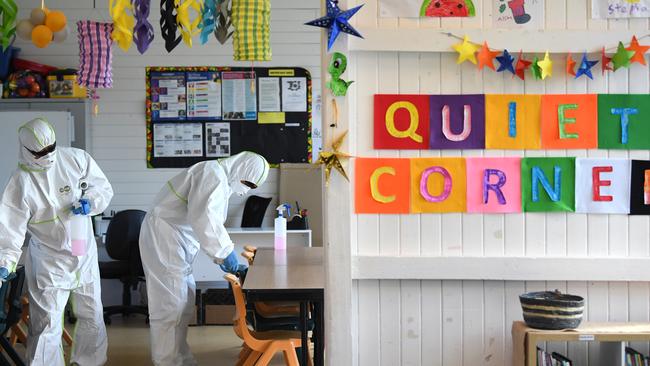
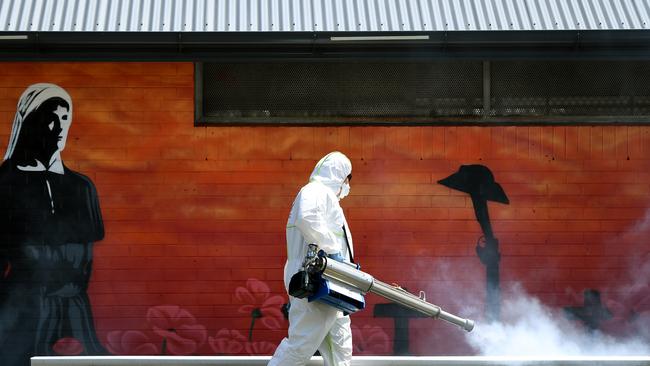
It was always set to come to a close towards the end of the school holidays, with a statement from NSW Health when the site first opened for testing explaining it would “cease operation prior to the end of the school holiday period”.
A spokeswoman for NSW Health told NCA NewsWire there were 34 locations for COVID-19 testing in the Western Sydney region, nine of which were within the Cumberland LGA, of which Berala is a suburb.
“The Berala walk-in clinic that was located at Berala Public School has been relocated
to the Berala Community Centre,” she said.
“The Berala Public School is currently undergoing an enhanced deep clean in
preparation for the return of school.”
The state recorded no new locally transmitted coronavirus cases as a computer glitch caused confusion about testing numbers.
Five overseas travellers were diagnosed with COVID-19 in the 24-hour reporting period ending at 8pm on Wednesday night, NSW Health said.
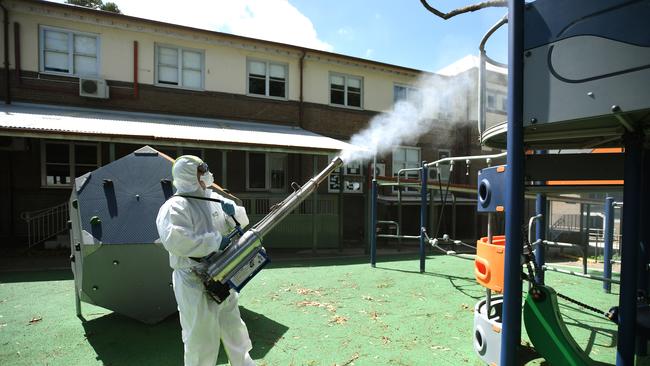
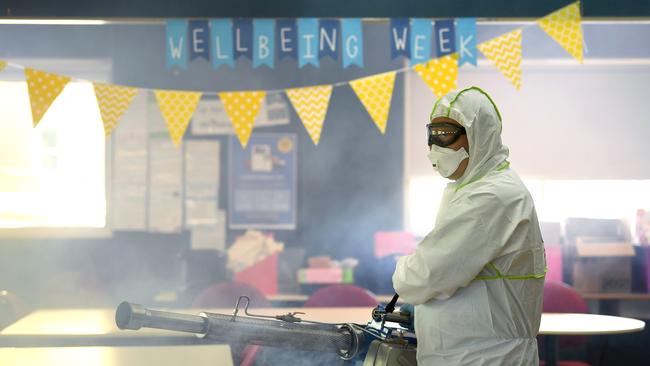
Those numbers were based on around 18,000 tests that were performed in that time period.
But only 12,213 of them had been reported to the NSW Health team that tallies the daily numbers by the 8pm cut-off.
A computer glitch caused a batch of around 6,000 tests to be reported too late to make the cut. Those cases will be included in Friday’s numbers instead, meaning that day’s testing numbers will likely appear higher than they otherwise would be.
It’s understood these kinds of issues have happened periodically throughout the pandemic, although on a smaller scale.
The fact that the reporting lag amounted to a third of the day’s tests meant NSW Health officials decided to inform the public of the IT issue in their daily update.
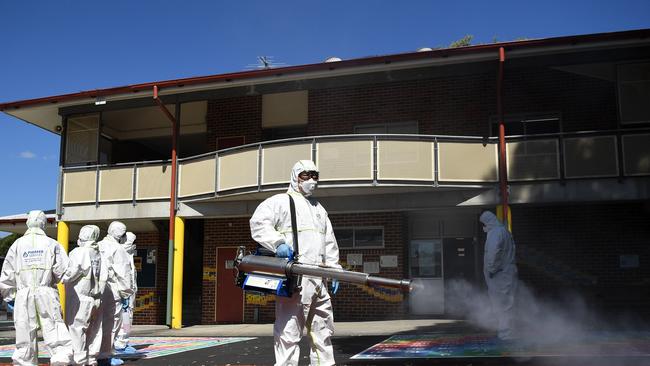
“While there were 12,213 tests reported to 8pm last night, compared with the previous day’s total of 19,959, NSW Health can advise the reported testing numbers today appear lower after a minor IT issue delayed inclusion of approximately 6,000 negative tests,” officials wrote.
“These figures will be counted in tomorrow’s numbers. There were no delays reporting test results to individuals who had been tested.”
NSW Health also urged anyone on Sydney’s northern beaches and near Berala in the city’s west to pay attention to any COVID-19-like symptoms they may experience, after virus fragments were found in sewage there.
The Warriewood treatment plant handles waste from 160,000 in the northern beaches area.
The western Sydney alert affects people in the suburbs of Berala, Auburn, Lidcombe, Rookwood, and Regents Park.
Those updates came on the heels of an alert for southwestern Sydney on Tuesday after virus fragments were detected at a waste treatment plant in Glenfield, which serves over 160,000 people.
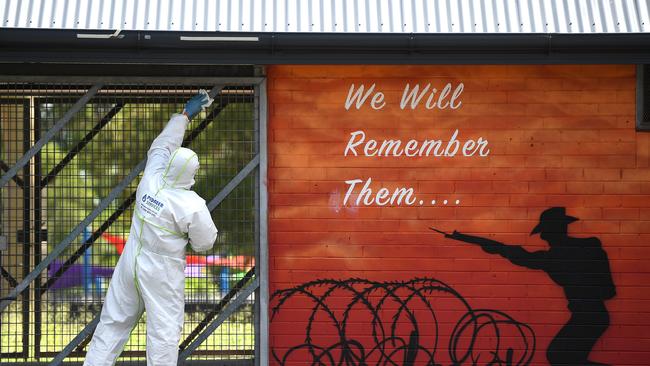
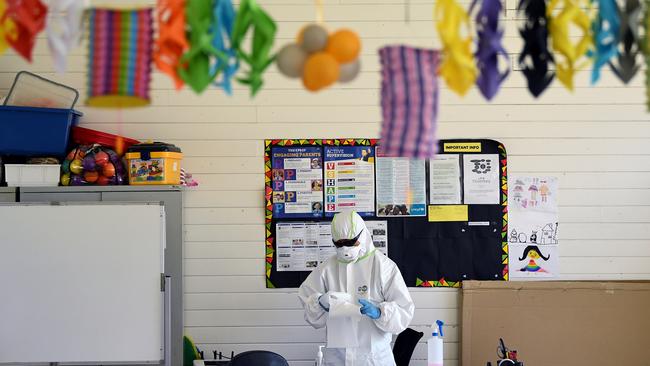
NSW Health officials sent out an alert warning people in a number of nearby suburbs to be watchful for symptoms and get tested if any appear.
Those suburbs are Airds, Ambarvale, Appin, Bardia, Blair Athol, Blairmount, Bow Bowing, Bradbury, Campbelltown, Casula, Claymore, Currans Hill, Eagle Vale, Englorie Park, Eschol Park, Gilead, Glen Alpine, Glenfield, Gregory Hills, Holsworthy, Ingleburn, Kearns, Kentlyn, Leumeah, Long Point, Macquarie Fields, Macquarie Links, Menangle Park, Minto, Raby, Rosemeadow, Ruse, St Andrews, St Helens Park, Varroville and Woodbine.


